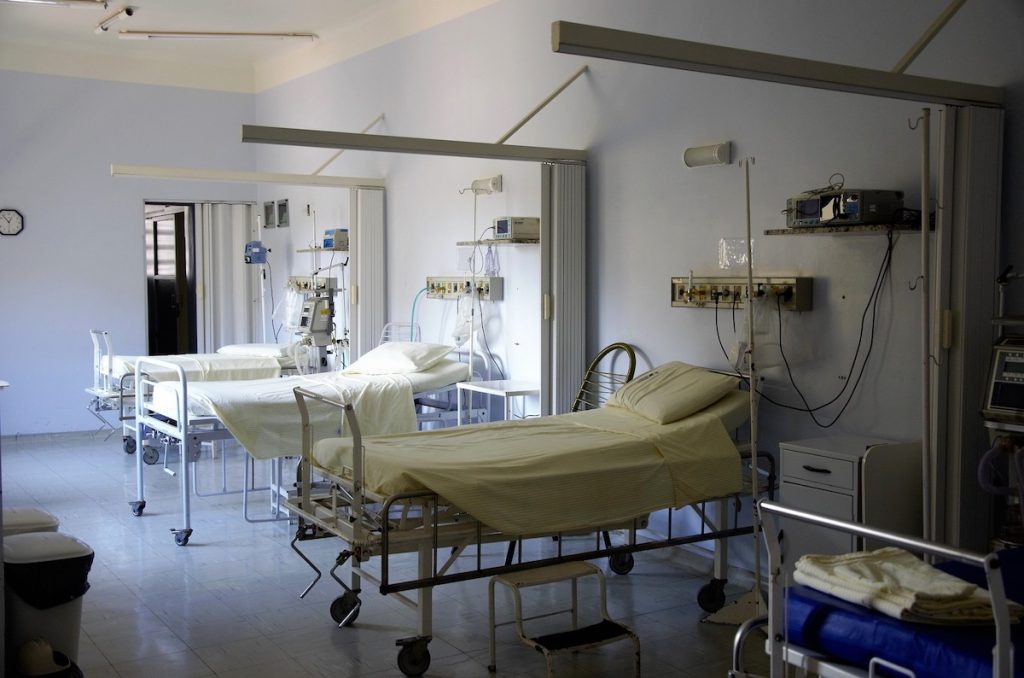I would say it started in the year 2000, when my niece called me and told me my mom had fallen. By the time I got to my niece’s, where my mom was staying, she had already been taken to the hospital. I went to the hospital, and the doctors told me she did not have long to live. So, I called my brothers and sisters and told them to get to Greeley. She made it through the night. And many more nights after that.
After a while, she had bed sores, and her kidneys were not doing very well because she hadn’t been doing anything since my father died. She had been very depressed. She stayed in the Greeley hospital for about two weeks before they moved her to Aurora, where she stayed for a couple of months. I remember making the trip to Denver a couple of times a week. I didn’t get any help or support from anyone, so I had to do everything on my own. Later, she was sent to South Denver to a nursing home that doubled as a rehab facility. She couldn’t stay there. She was not a permanent resident.
We went back to Greeley.
I found Kent Manor where she stayed for four years. She would do well and then regress and repeat. Eventually, she ended up back in the hospital. In 2005, my uncle — her last living sibling — and I went to the hospital to visit her. On October 10, her doctor told us she had six months to a year to live. I told myself that there was no way in hell she had that long to live. But I didn’t tell anybody that. I told my siblings, nieces, and nephews exactly what the doctor had said and that if they wanted to spend time with her, then they should do it now.
She passed away thirty days later.
My father has never been in the picture, so my mom and I were very close. And while I have four other siblings, I got no help from them in anything. I had to plan the funeral, and I had to pay for everything. Everything is always on me, and everyone expects it. That made it even harder to lose her.
And it has never gotten better. It has been 11 years since her passing. Every day is hard, but November 9 is always the toughest. Still, I have learned to just deal with it. Some days are better than others.
Eight months or so go by before I get another phone call.
My epileptic nephew was home alone on this particular day. He was cooking. He loved to cook. While the food was getting ready, he decided that he wanted to take a quick shower. During his shower, he had a seizure and fell out. His head hit the ground, and he suffocated on the bathroom floor.
They found him between the shower and the toilet.
His younger brother, maybe 15 years old, came home, saw smoke pouring out of the house, and got inside. He found his older brother’s body in the bathroom. He had just celebrated his 21st birthday.
I remember getting the news. I had met up with an old buddy from college at a Rockies game. We were about to be seated to eat some food. I remember getting the call and hearing my sister ramble on, but I couldn’t really understand. I eventually heard her say her son had passed away. I left immediately, but I don’t remember the drive back to Greeley.
I always try to keep my family tight. It has always been something I had to do. I am the only one of five kids who graduated, so everyone expects me to decide what to do and what not to do.
Some days are better than others. One. Day. At. A. Time.
Read the original story on the University of Northern Colorado Facing Project Page
—-
Are you interested in seeing more stories like this? If so, we need your help. Check out the Build Empathy Story-By-Story Campaign to learn how you can plug into the work of The Facing Project.
About The Facing Project:
The Facing Project is a 501(c)(3) nonprofit organization that connects people through stories to strengthen communities. The organization’s model to share stories and raise awareness is in cities across the United States focused on topics such as poverty, sex trafficking, mental health, immigration, and more. Facing Project stories are compiled into books and on the web for a community resource, used to inspire art, photography, monologues and—most importantly—community-wide awareness, dialogue, action, and change toward a more understanding and empathetic society.


